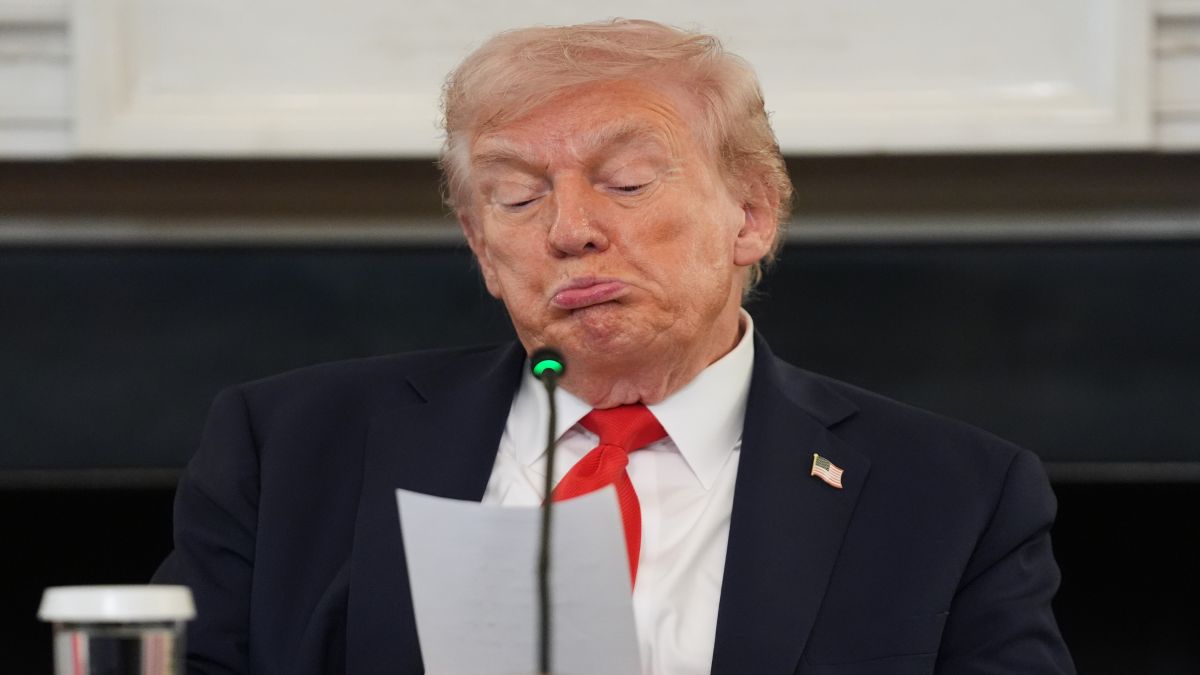President Donald Trump is on course to make the United States — long seen as the world’s richest nation — one of its most indebted as well, with debt levels expected to surpass those of Italy and Greece by the end of the decade.
According to The Guardian report, citing International Monetary Fund (IMF) forecasts, sweeping tax cuts, surging defence spending and a widening budget deficit under Trump’s administration could push US debt to unprecedented highs.
The IMF projects that America’s debt will rise from 125% to 143% of annual income by 2030, overtaking Italy, where debt is expected to stabilise at around 137%.
Greece, once the epicentre of Europe’s debt crisis, is forecast to cut ratio of debt to gross domestic product (GDP) from 146% to 130% over the same period. According to IMF data, Athens has tackled a budget overspend that raced to 210% as a proportion of GDP in 2020.
Amid tax cuts for high earners, the US is expected to run annual budget deficits of more than 7% over the next five years, while Italy is due to cut its spending shortfall this year to 2.9%, allowing it to meet a 3% limit set by Brussels a year early, in analysis first reported in the Financial Times.
The cost of ‘big, beautiful bill’
Trump’s “big, beautiful bill,” passed by Congress earlier this year, rolled back the Biden administration’s deficit controls and deepened the government’s reliance on borrowing.
The president’s pledge to build a $1 trillion “golden dome” defence shield and his broader expansionary agenda could push the federal deficit up by as much as $7 trillion annually by the time he leaves office in January 2029, reported The Guardian.
Impact Shorts
More ShortsMeanwhile, both Italy and Greece — once synonymous with fiscal instability — are maintaining primary budget surpluses, meaning their government spending now falls below tax revenue.
Italy’s deficit is expected to fall to 2.9% this year, meeting the EU’s 3% limit a year ahead of schedule, even as growth remains sluggish and the population declines.
Lorenzo Codogno, head of Lorenzo Codogno Macro Advisors and former chief economist at Italy’s Treasury, told The Guardian that Rome still faces pressure to boost spending in response to Trump’s new tariffs and his calls for higher European defence contributions.
“The economy and public finances remain vulnerable to a sudden negative shift in the global scenario,” he was quoted as saying.
Mahmood Pradhan, head of global macro at the Amundi Investment Institute, told the FT: “It is a symbolic moment, and according to the Congressional Budget Office the projections are for US debt to carry on rising – that is the impact of running perpetual deficits.
“But Italy has a weaker growth outlook than the US, so this should not be read as meaning Italy is out of the woods,” Pradhan added.
James Knightley, chief international economist at ING, said the figures mark a shift in perspective.
“Many US politicians and investors look down somewhat on Europe and its slow growth and struggling economies, but when you have metrics like this, the conversation changes,” said Knightley.
With inputs from agencies


)

)
)
)
)
)
)
)
)



